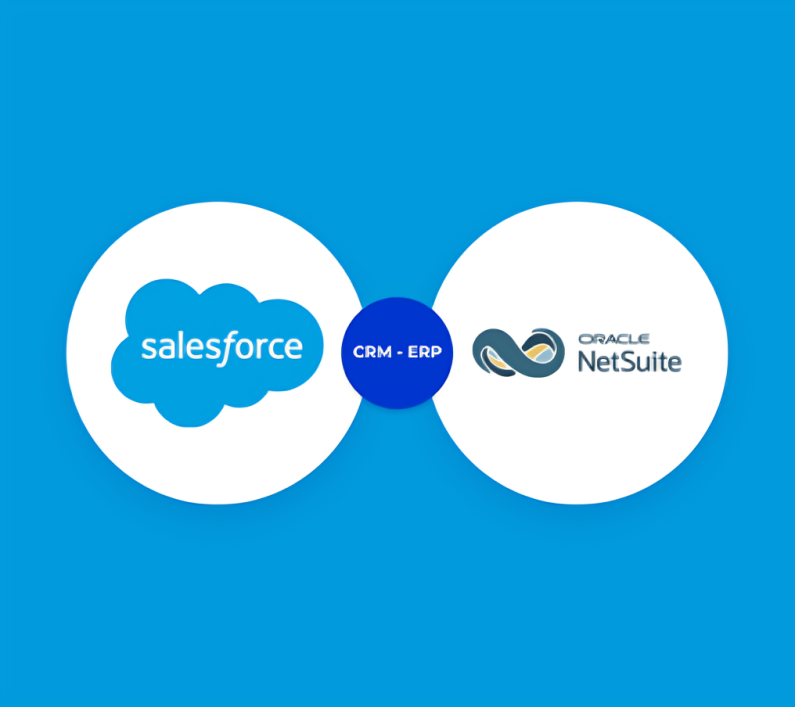Customers are naturally driven to a business that offers a better customer experience. In fact, 69% of the customers are willing to pay more to a business offering better CX. This is what is offered with Salesforce Service Cloud.
It offers intelligent analytics and insights that help businesses to know their customers and make better data-backed decisions. It is the best solution to improve customer satisfaction and offer excellent customer service. The platform assists businesses in offering customized support to customers across a range of channels, including messages, social media, email, etc.
Benefits of Salesforce Service Cloud Implementation
1. Customer data management: Before the introduction of Salesforce Service Cloud, it was difficult for businesses to handle customer data as the customer service representatives had to manually handle it. Salesforce Service Cloud service providers make it easy by helping businesses keep a record of important data. One can also have quick access to the data since it is stored in a single location. Service Cloud makes customer data management easier with services such as case management, knowledge base, queue management, etc.
2. Personalized offerings and enhanced customer support: With the help of Salesforce Service Cloud, businesses can understand their customers better and offer customized services. The sales teams can store vital details of the customers to do that. This, in turn, helps in increasing the business ROI. Service Cloud also helps in offering customer assistance from any part of the world. The sales team can carry out their tasks with the Salesforce mobile app and help customers even when they are not present at their desks.
3. Social customer service: This feature of the Service Cloud provides the required tools to sales executives to handle client queries on various social media channels, including Instagram, Facebook, and others. The software allows the executives to get insightful customer details which assists in social media engagement in real time. The sales teams can know when and where the customer is the most active.
4. Asset and order management: This feature of the Service Cloud lets you have a detailed picture of the activity of the customers. For instance, you can track the customer’s support history, orders, assets, returns, and other activities from one location only. This helps in providing precise customer updates and making sure there is timely fulfilment of the orders.
5. Macro automation: Not only the customers, but the sales teams can benefit from the Service Cloud with Macros that automate repetitive activities for better management of client queries. It therefore eases the burden on the employees. You can ask your Salesforce Service Cloud consultant to develop macros for frequent and repeated tasks like making support tickets or updating account details. Automation with Macros helps in minimizing errors and saving time.
6. Omnichannel routing: Omnichannel routing helps in increasing the efficiency of the service tasks. Businesses can get insightful analytics of their employees on parameters like working conditions, abilities, and availability. The Service Cloud assigns tasks to the employees as per their skills and availability. The analytics helps in finding workplace flaws and making the desired changes.
Conclusion:
Businesses as well as customers can benefit from Salesforce Service Cloud in a lot of ways as it is highly customizable and adaptable. With more features like community cloud integration, telephony integration, SOS, live web chat, legacy systems integration, and support in various languages, Service Cloud gives businesses the right tools and customer support they need to enhance their customer service and boost conversions.
































Leave Your Thoughts!!